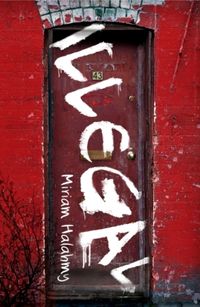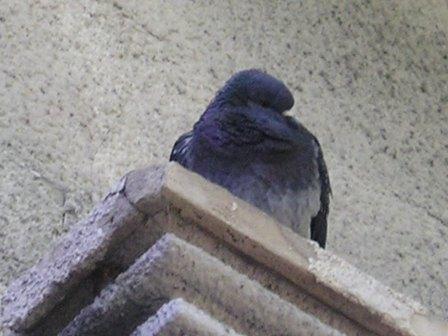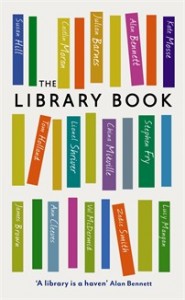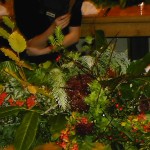 Truth told, Kathy Evans didn’t quite put it like that – but I did get the chance to go with her to the launch of Miriam Halahmy‘s ‘Illegal’ at Blackwell’s Bookshop, Portsmouth University . She mentioned it on Facebook and I blagged a lift – she is a delightful chauffeuse, I have to say (or I might have to go in the boot in future.)
Truth told, Kathy Evans didn’t quite put it like that – but I did get the chance to go with her to the launch of Miriam Halahmy‘s ‘Illegal’ at Blackwell’s Bookshop, Portsmouth University . She mentioned it on Facebook and I blagged a lift – she is a delightful chauffeuse, I have to say (or I might have to go in the boot in future.)
As a writer, you don’t tend to get out a lot. It’s a solitary business – so a bit of human contact is good. Not only that but the outside world provides its own stimulus. Even a change of scenery can prompt better writing – and going anywhere near a place of learning – well…
There is more. I was glad to see Anita Loughrey and Amanda Lillywhite there – more SCBWI pals. Regular readers will know how much I value the fellowship that SCBWI offers. Not only do they understand the obsession you have, they share it too – and encourage you in your lunacy. That’s some support network.
I hope Miriam felt suitably encouraged.
It isn’t just about the friendships, though. There is also a good chance of meeting agents and publishers at launches. You might build up other contacts such as publicists – and it does no harm to be seen.
However, it was when Miriam read the beginning of ‘Illegal’ that I found the most personal reason to be there. People from a fair old variety of decades and types stood and listened. They went into that little world that Miriam had squashed inside the pages of her book. It wasn’t a world that I could make. It wasn’t marketed at the readers I write for – but the story still existed. And that’s what mattered to me – one day it could be me. People might want to enter my little worlds.
I need that hope to hang on to.
Thank you, Miriam and Kathy.












